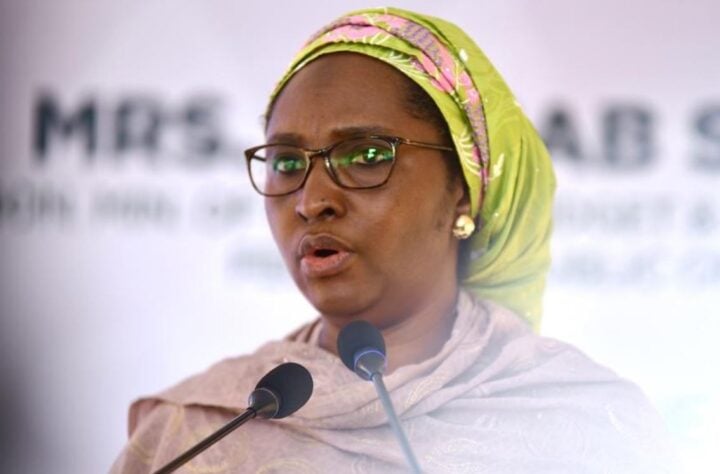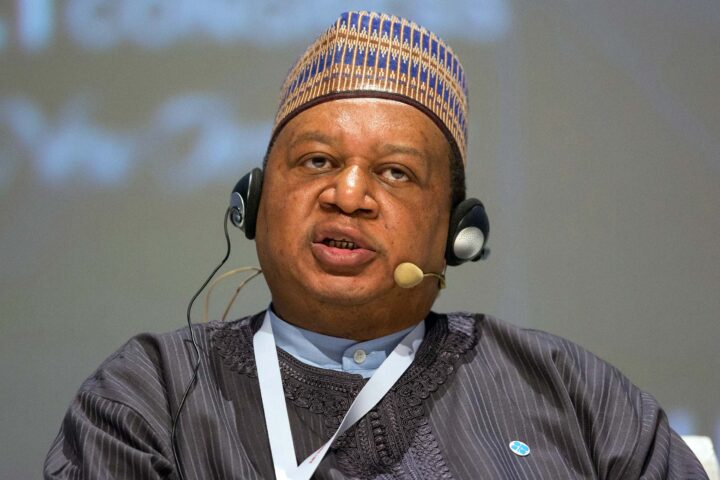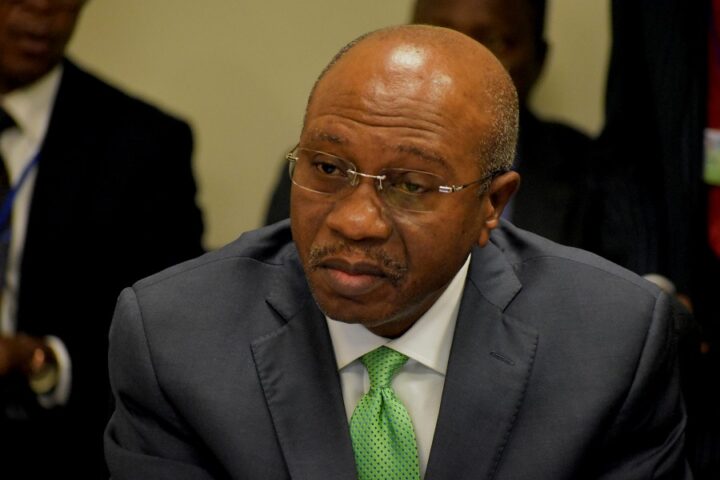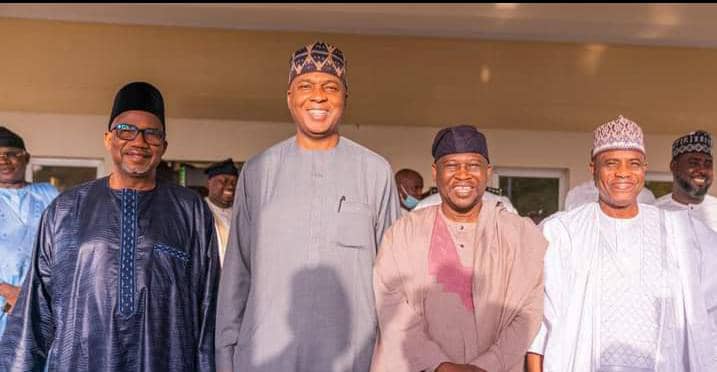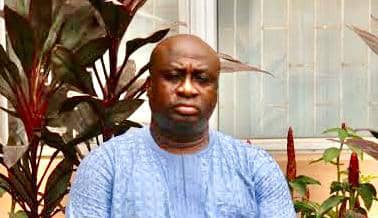In March 2022, pay TV giant, Multichoice, increased the prices of its DStv and Gotv bouquets as a result of inflation and consequent increased cost of business operation in the country. Responding to Multichoice’s move, Abba Moro, senator representing Benue South senatorial district, asked that the prices be reviewed downwards and a pay-per-view model be employed.
According to the senator, Multichoice made the increase “without recourse to the economic situation of the country”. He said: “Nigerians are demanding that, rather than paying fixed rates for packages monthly, pay-tv service providers should introduce a subscription model which allows subscribers pay per-view to enable them match their TV consumption to subscription as it is the case with electricity metering and mobile telephony”.
Moro called on the NCC and the Ministry of Communications and Digital Economy to “direct all pay-tv service providers in Nigeria to immediately review their bouquet prices downwards in tandem with the prevailing reality of the economic situation in the country”.
Moro and his colleagues at the senate debated his bill on “DStv issues” and asked that the country regulate prices of Multichoice bouquets.
Advertisement
They also called for a system where there will be pay-per-view to avoid “shortchanging the people of Nigeria”.
The senators also asked for “luxury surcharge” on Multichoice services in Nigeria.
Ahmad Lawan, the senate president, asked that a committee be set up for a wholesale investigation of the Multichoice pricing system in Nigeria.
Advertisement
“These people are cheating… How is DStv charging South Africans? Is it the same?” Lawan asked.
TheCable checked some of the claims by the senators to consider the possibilities of the pay-per-view model in Nigeria. Here is what we found.
DID MULTICHOICE HIKE PRICES WITHOUT RECOURSE TO THE ECONOMY?
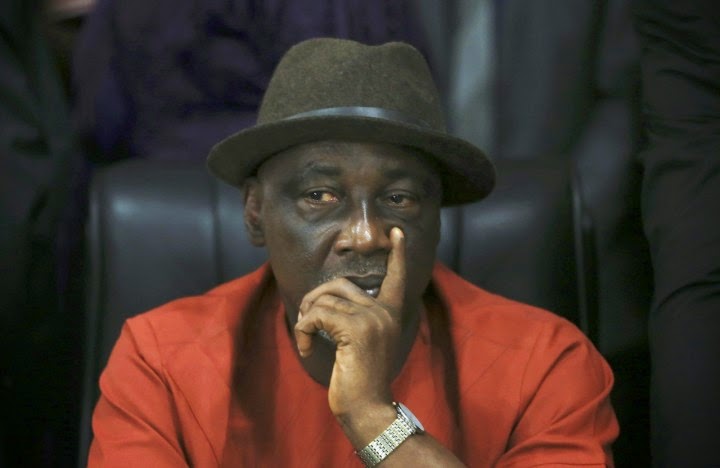
Multichoice did increase its prices in March on the grounds of increased operational costs and inflation in Nigeria. Moro claimed this was done without recourse to the economic situation of the country.
This is misleading; inflation rate in Nigeria, which is one of the biggest economic indices for determining prices in the country, actually shows that Multichoice charged less than the economic situation in the country would have demanded.
Advertisement
If Multichoice was to simply adjust its prices for inflation, the increase would have been at least 20 percent more than it was in 2019. This is because inflation has averaged 15 percent per annum since the last time Multichoice adjusted its prices. Therefore, a 15% increase in prices in 2021 and another 15% in 2022 could amount to a cumulative 30 percent increase by the end of 2022.
The last time MultiChoice increased rates was in 2019. The adjustments of 2020 were made because of the VAT rate increase from 5 per cent to 7.5 per cent.
If anything, Multichoice seems to have conservatively adjusted prices with recourse to the economic situation in the country.
IS PAY TV A LUXURY?
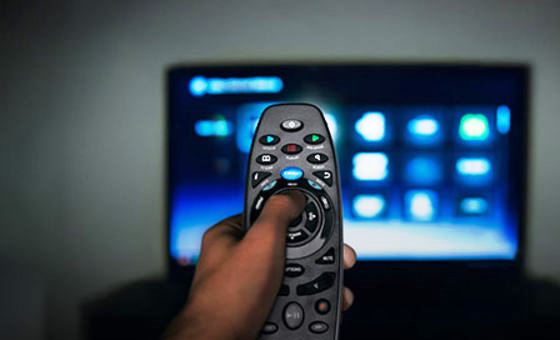
Advertisement
With bouquets as cheap as N2,000, Pay TV in Nigeria is not a luxury service.
According to a PwC luxury tax analysis, Nigeria planned to charge taxes on luxury goods as follows: 10% import surcharge on new private jets; 39% import surcharge on luxury yachts; 5% import surcharge on luxury cars; undisclosed surcharge on business and first class plane tickets; 3% luxury surcharge on champagnes; wines and spirits; and a 1% Federal Capital Territory (FCT) mansion tax on residential properties valued at N300 million and above.
Advertisement
Pay TV with the most expensive subscription less than N30,000 should not be considered to be in the same tax bracket as private jets and mansions.
By proposing a luxury surcharge, the senate suggests that pay TV is a service that should be paid heavily for. But in the same breath, the senate seeks to keep its prices low.
Advertisement
As is the case with other luxury items in the country, a luxury surcharge on DStv means more charges on Nigerians and businesses operating in Nigeria.
IS MULTICHOICE CHARGING NIGERIANS MORE THAN SOUTH AFRICANS?
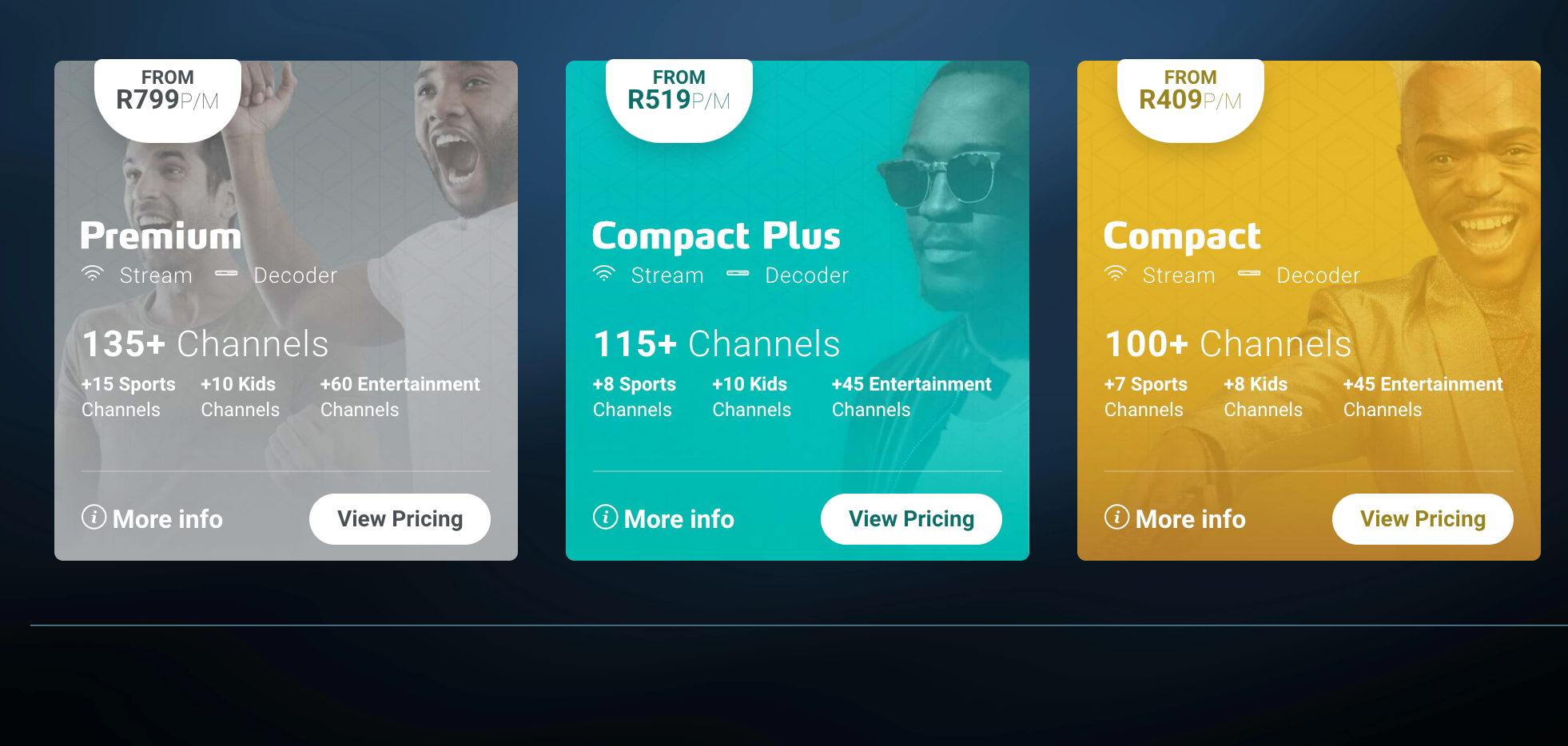
TheCable checked and found that Multichoice actually charges Nigerians less than South Africans. In Nigeria, the DStv Compact bouquet in Nigeria goes for N9,000 per month. In South Africa, the same bouquet goes for 409 Rands, which is N11,643 using the official foreign exchange rate. Using parallel market rates, the bouquet costs N16,392 — a gulf of over N7,000.
Advertisement
In addition to the fact that the bouquet is a lot more expensive in South Africa, Nigeria’s DStv compact offers 130+ channels, while South Africa’s DStv compact offers only 100+ channels. In essence, Nigerians are paying less for more.
On the cheaper side of things, DStv Family in South Africa is 299 Rand ($20.5) per month. In Nigeria, an equivalent of this, known as DStv Yanga cost only N2,950 ($7.10). This is based on CBN official rates.
With more channels in Nigeria, Multichoice is charging Nigerians less than it charges South Africans.
CAN PAY-PER-VIEW WORK IN NIGERIA?
According to Moro, Multichoice and all pay TV platforms in Nigeria should operate a pay-per-view model. In his explanation, the Benue senator said the pay-per-view Nigerians are asking for “does not have [the] same meaning as that which applies to a one-off broadcast of high stakes games, such as football, boxing and wrestling matches”.
He said this should work in line with obtains in mobile telephony and electricity metering. The senator meant “pay-as-you-go”.
The call for pay-as-you-go TV is as old as pay TV in Nigeria itself.
In 2020, Lai Mohammed, the minister of information and culture, said this will help the poor and make TV cheaper for them. TheCable checked and found the claims to be false.
Comparing pay TV to mobile telephony is comparing apples and oranges. In the case of mobile telephony, the services are exhaustively provided by the telecommunication company. In the case of Multichoice, the company pays third parties for rights to air. An example is the UEFA Champions League (UCL) played in Europe but loved by Nigerians.
Multichoice pays for the right to the whole season before the season starts. Even if a subscriber watches only one match throughout an 11-month season, Multichoice pays for rights to all matches. This is not the case with telecoms. Comparing both sectors is a mismatch.
Also, TheCable took a look at the pay-as-you-go model around the world and found that the pricing is on the long run more expensive than the monthly subscription. The cheapest we found was in Jamaica, a developing country like Nigeria. The service is offered by readyTV.
The company offers the cheapest PAYG services at J$200 for 26 channels per day. This translates to N543 per day using the official exchange rate. This translates to N3,801 per week, and N15,204 per month for only 26 channels.
DStv compact plus bouquet in Nigeria, which costs N14,250 offers 145+ channels. If the senate was to show recourse to the economic realities in Nigeria, then pay-as-you-go TV is not the way to go. Nigerians will only pay more for less with pay as you go.
Add a comment

